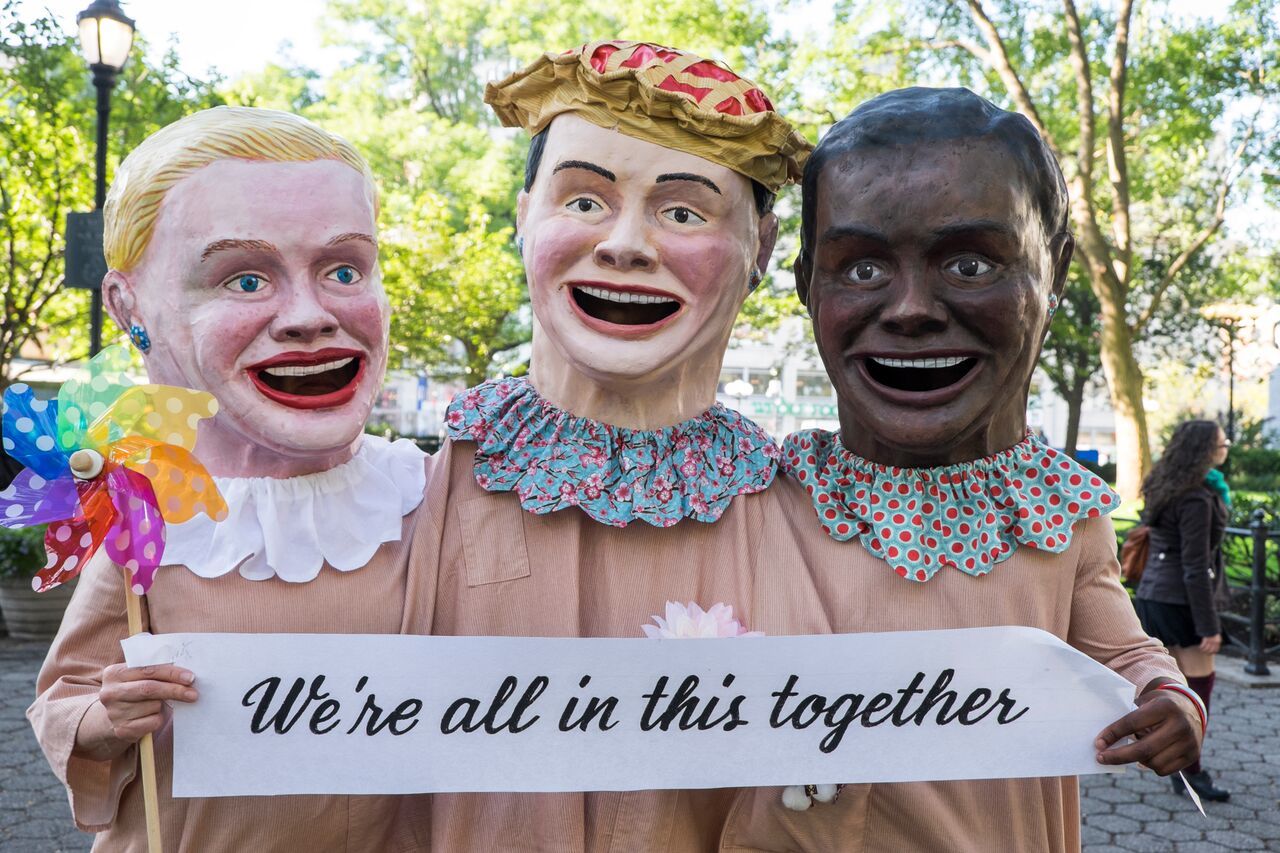Doris Watts
Dear Mr. Stevenson
Days past and gone, they made a swing for me,
an old car tire that hung in pendant style
from a limb of one of the catalpa trees
that grew on either side of our front walk.
A swing was "pleasantest" of play. Supposed to be.
There was this poet claimed it so. Except…
except the center doughnut hole, the very place
where I would sit, swing back and forth, left welts—
the twist and burn of tire against my thighs.
And even though I tried my best, I never spied
the rivers or the trees or any countryside,
but realized, and somewhat early on,
my family had a streak of puritan,
fun's not always fun, and poets do tell lies.
Back of the Canvas
Yes, Mr. Wordsworth
We'd passed through sand hills and occasional
small towns, not much more than a blink and gone
along with signs that warned us that the legal
speed was twenty-five—radar enforced—
when suddenly sunflowers filled a field,
each the same height, each tipped face-up the same.
A congregation led to worship sun,
we laughed. "Ten thousand saw I at a glance…."
But then we couldn't keep from looking back,
and as the road curved round again, we found
the endless crowd of flowers that we'd seen
beside the road was really just four rows,
the faithful really few and far between,
sublime reduced to manageable and mean.
Fine White Linen
The storm that came last night has given up,
moved east, is gone, Behind it comes this throng
of clouds—daft washerwomen rushing out
to get the laundry done, dimpled elbows
deep in suds and steam, borax to make us
pure again, boiled starch to dip us in.
Blowsy dames, baskets on their mythy hips:
"Lye soap, lye soap," they sing. "Washday is
our holy day, laundry is our hymn."
And they will wrap us in their linen, fine
and clean and bright, and we will sleep all night
safe-folded in the air-sweet scent of light."
Cooking Eggs
All this time into widowhood, would she
know who he was if he came through that door
in out of sun, wanting his eggs, boiled no more
than three minutes and then broken carefully
into this same brown bowl—as she had done
on almost every day for forty years—
two slices of hot toast—yes, all familiar—
always cut diagonally—crusts on.
And now with her face and with her body
grown wizened, stiff, old-woman spare,
could she retrieve his face from memory:
shape of his mouth, just how he combed his hair?
Or would he, gone it seemed so long, unsure,
pause and puzzle, fail to recognize her?
Meep Meep
(Speed Bump Doing Eighty)
I am my own self-inflicted injury,
the one who stepped off the cliff,
Mrs. Wile E. Coyote
treading deep waters,
running with scissors.
Here, let me lift that lit
stick of dynamite for you. And I'll
stand gazing upward under the fall-
ing boulder. Go have lunch. Relax.
Don't apologize….Oh look,
railroad tracks.
|
|
 |
 |
|
|
 |
|
 |
|
|
|
 |
| Megan Marlatt:Looking like large puppet heads, it was "anima", the root of "animation", that led me to the making of the big heads, (or "capgrossos" as they are called in Catalonia where I learned the craft.) Anima is the soul or what breathes life into a being and to animate an inanimate object, an artist must insert a little soul into it. However to bring attention to what is invisible, (the soul), I chose to mold its opposite in solid form: the persona, the ego, the big head, the mask. Nearly every culture across the globe has masks. They allow performers to climb into the skin of another being and witness the other's world from behind their eyes. While doing so, the mask erases all clues of the performer's age, gender, species or race. In this regard, I find them to be the most transformative and empathic of all human artifacts.
|
|
|
|
|
|
 |
|
 |
|
|
|
|
